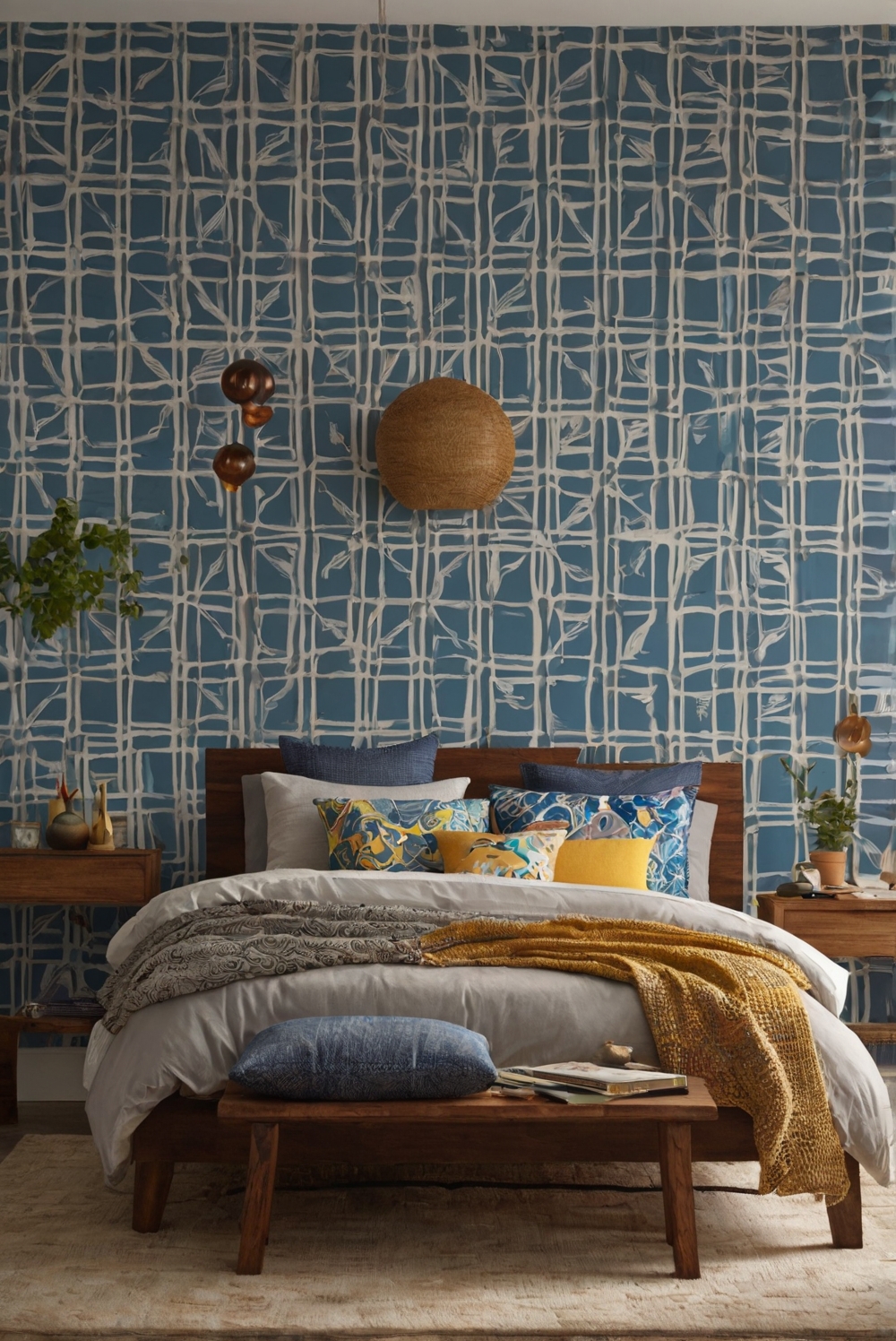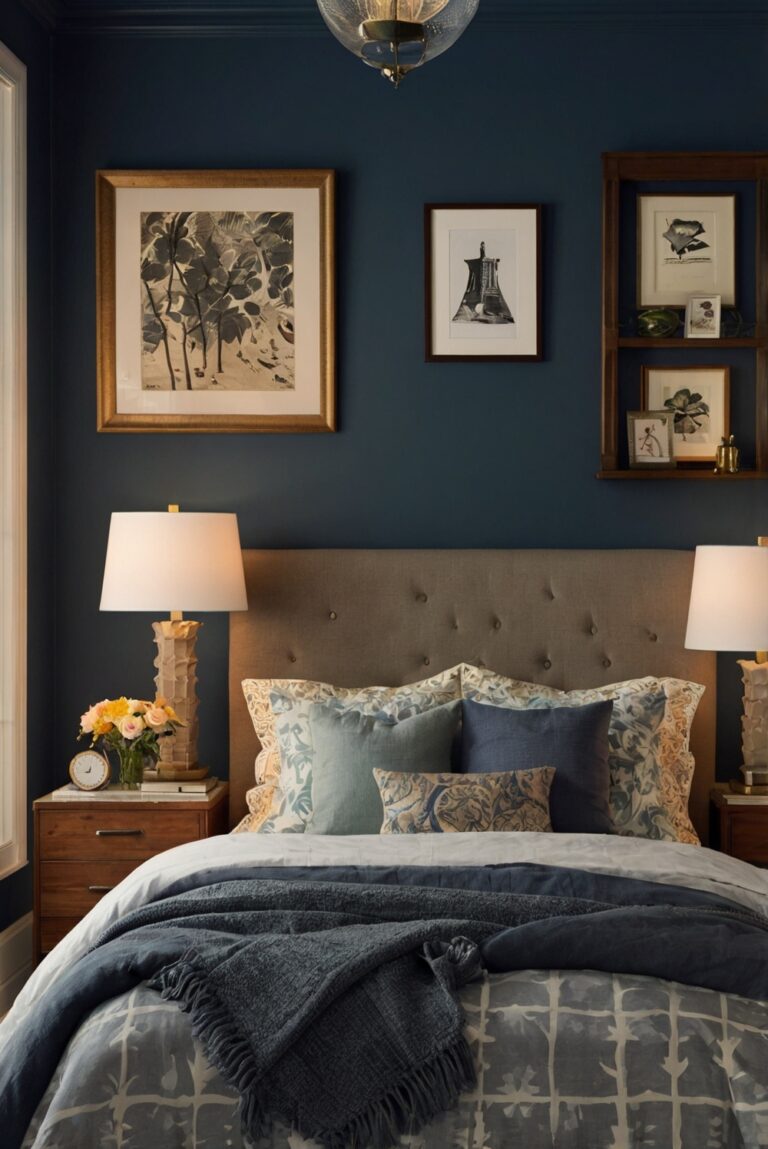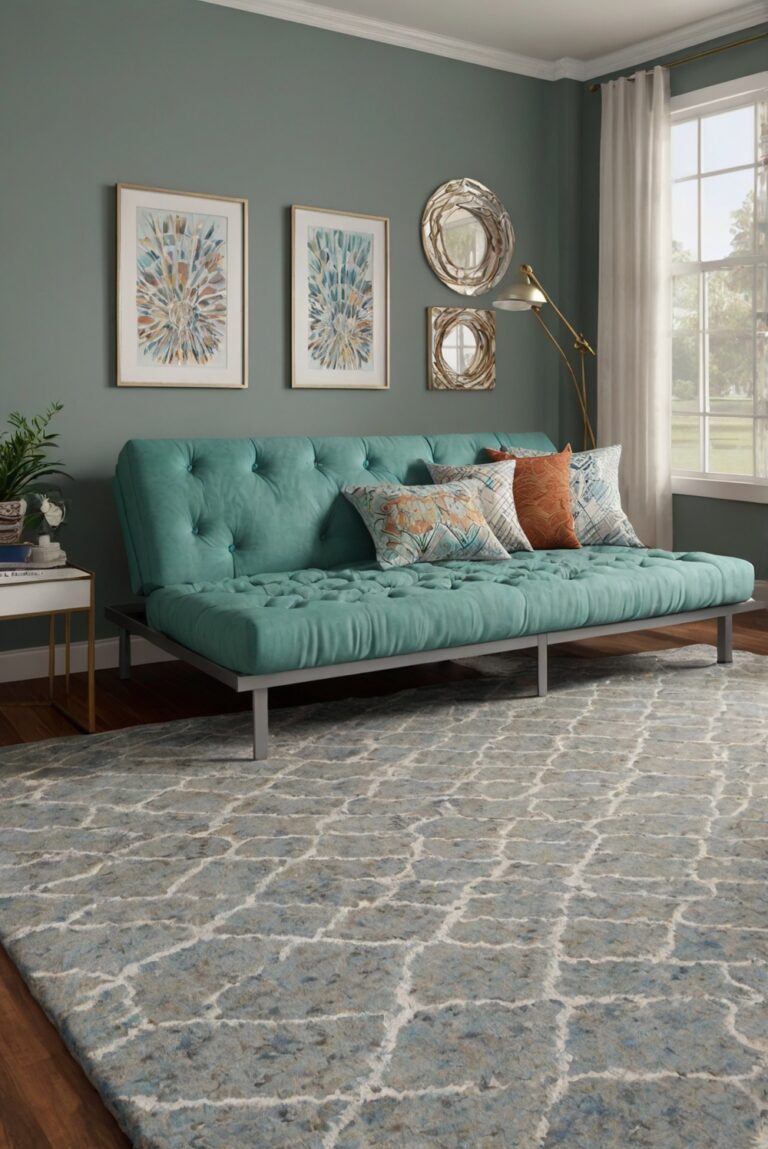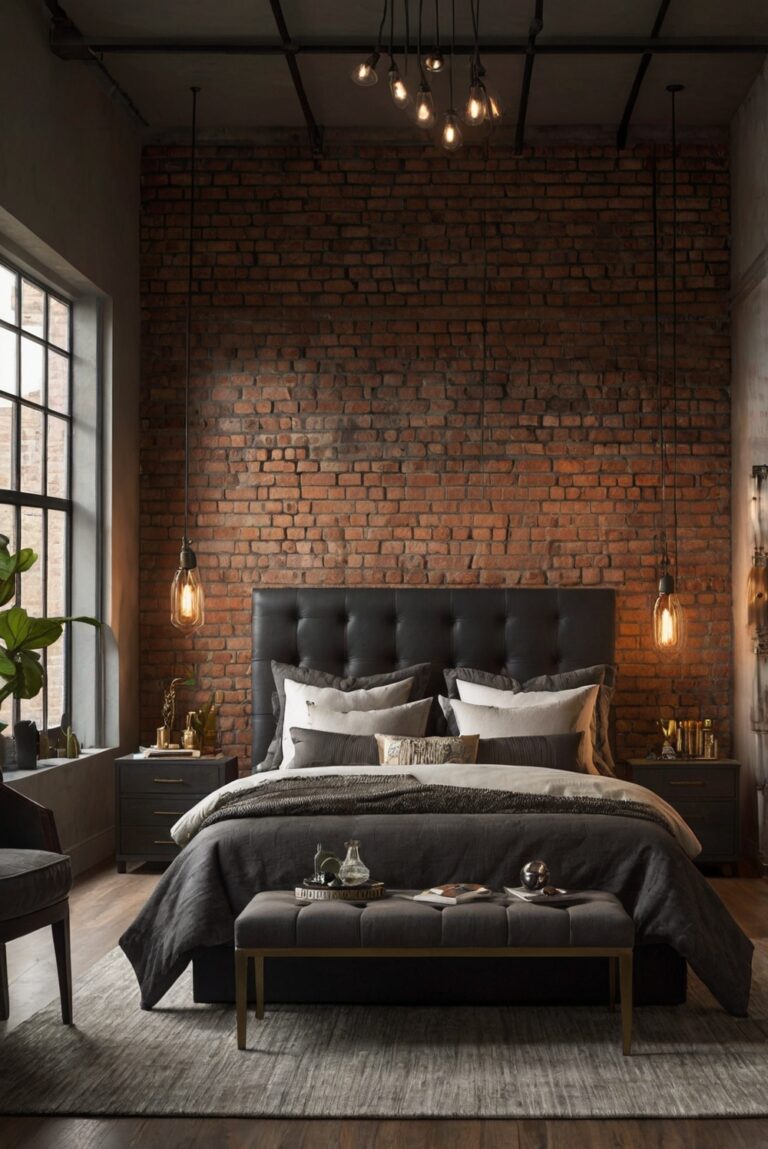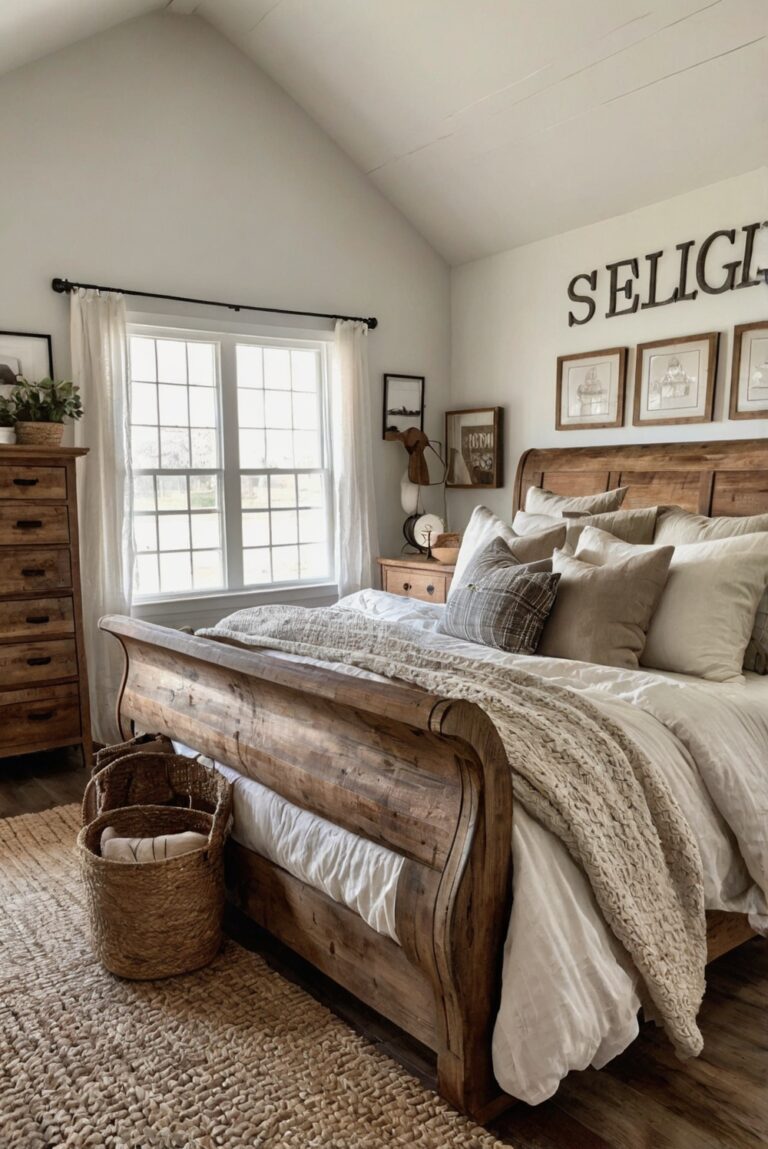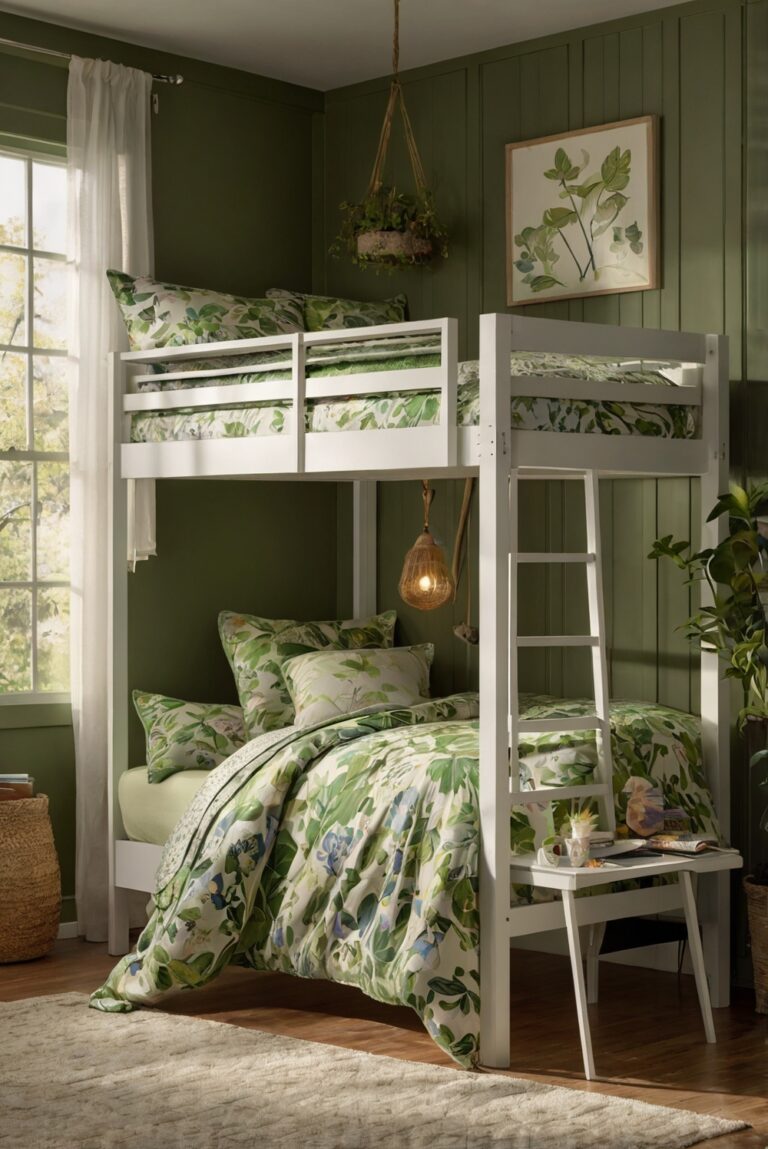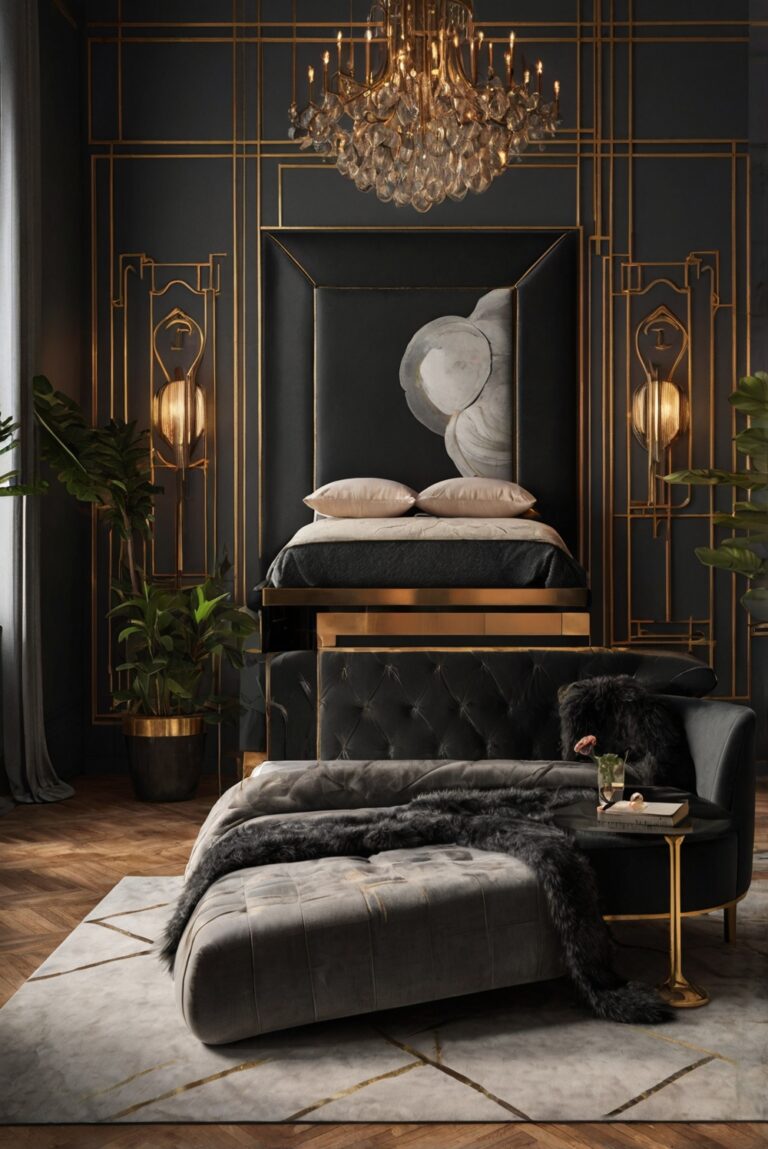Discover the top mattresses perfect for long-term use in this essential guide for interior designers. Explore comfort, durability, and style for your clients’ dream bedrooms.
What Are the Best Mattresses for Long-Term Use?
Memory foam mattresses are considered the best option for long-term use. They provide excellent support and comfort, relieving pressure points and ensuring a good night’s sleep. When it comes to home decorating and interior design, a quality mattress is essential for creating a cozy and inviting bedroom. Proper space planning in the bedroom involves selecting the right size mattress to fit the room layout seamlessly. Interior designers often recommend memory foam mattresses for their durability and ability to maintain shape over time. When designing a bedroom, consider the mattress as the foundation of your decor and choose one that complements your style.
What Are the Best Mattresses for Long-Term Use?
When it comes to choosing a mattress for long-term use, there are several important factors to consider:
Durability:
One of the most important factors to consider when selecting a mattress for long-term use is durability. Look for mattresses made with high-quality materials that are designed to last. Mattresses with strong support cores and high-density foams tend to be more durable and less likely to sag over time.
Comfort:
Comfort is another crucial factor to consider when choosing a mattress for long-term use. Look for a mattress that provides the right level of comfort and support for your body. Consider factors such as firmness, pressure relief, and temperature regulation to ensure a comfortable sleeping surface.
Support:
Proper support is essential for a mattress to provide long-term comfort and durability. Look for mattresses that offer adequate support for your body, especially in areas such as the lower back and hips. Mattresses with zoned support or customizable firmness levels can help ensure proper spinal alignment.
Choosing the Best Mattress for Long-Term Use
When selecting a mattress for long-term use, consider factors such as durability, comfort, and support to ensure a good night’s sleep for years to come. Look for mattresses made with high-quality materials, such as memory foam or latex, that are designed to last. Consider your sleeping preferences and any specific needs, such as back pain or pressure relief, when choosing a mattress. Investing in a high-quality mattress can lead to better sleep and overall health in the long run.
Conclusion
Choosing the best mattress for long-term use is essential for ensuring a comfortable and supportive sleeping surface for years to come. Consider factors such as durability, comfort, and support when selecting a mattress, and invest in a high-quality option that meets your specific needs. With the right mattress, you can enjoy better sleep and improved overall health in the long run.
1. Question: What are the key factors to consider when choosing a mattress for long-term use?
Answer: When selecting a mattress for long-term use, consider factors such as mattress material, durability, support, and comfort. Opt for high-quality materials like memory foam, latex, or hybrid mattresses that offer longevity. Look for mattresses with good edge support and motion isolation to prevent sagging and disturbances over time. Additionally, consider your sleeping preferences, body weight, and any specific back or neck issues to ensure the mattress provides adequate support for years to come.
2. Question: How often should mattresses be replaced for long-term use?
Answer: While the lifespan of a mattress varies depending on the quality and usage, it is generally recommended to replace mattresses every 7-10 years for optimal comfort and support. Regularly flipping and rotating the mattress can help extend its lifespan. Signs that indicate it’s time for a new mattress include visible sagging, lumps, discomfort, or waking up with aches and pains. Investing in a high-quality mattress and proper maintenance can help ensure long-term use and a good night’s sleep.
3. Question: Are there specific mattress brands known for their durability and long-term use?
Answer: Several mattress brands are renowned for their durability and long-term use, such as Tempur-Pedic, Saatva, Purple, and Casper. These brands offer high-quality materials, advanced technologies, and excellent warranties that guarantee long-lasting performance. Customer reviews and expert ratings can also help identify reputable brands known for their durability and comfort. When choosing a mattress for long-term use, consider these trusted brands and their reputation for providing mattresses that stand the test of time.
4. Question: What are some maintenance tips to ensure the longevity of a mattress for long-term use?
Answer: To prolong the lifespan of a mattress for long-term use, follow these maintenance tips: regularly rotate and flip the mattress to prevent sagging, use a mattress protector to shield against spills and stains, keep the mattress clean by vacuuming and airing it out, and avoid placing heavy objects on the mattress. Additionally, invest in a sturdy bed frame that provides adequate support and ventilation for the mattress. Following these maintenance tips can help preserve the quality and comfort of the mattress for years to come.
5. Question: How can one determine the best mattress for long-term use based on personal preferences and needs?
Answer: When selecting the best mattress for long-term use based on personal preferences and needs, consider factors such as sleeping position, firmness level, body weight, and any specific health concerns. Side sleepers may prefer a softer mattress, while back or stomach sleepers may benefit from a firmer option. Individuals with back pain should look for a mattress that offers proper support and alignment. Additionally, consider factors like temperature regulation, motion isolation, and edge support to ensure the mattress meets your specific requirements for long-term use. Testing different mattresses in-store or reading reviews can help determine the best fit for your needs.

